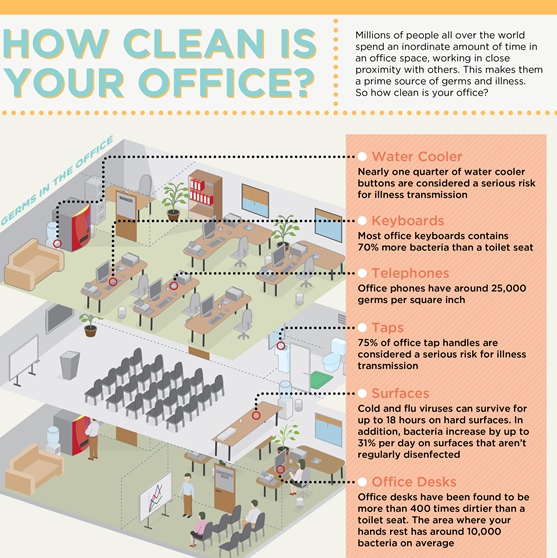Did you know that a stress washer can clean surfaces as much as 1,500 square feet in simply an hour? This effectiveness makes it a preferred choice for home owners wanting to preserve their residential or commercial properties. Nevertheless, not all stress washers are produced equal, and choosing the right type can substantially affect your results. Understanding concrete pressure cleaning and finest methods is vital to ensure you finish the job effectively and without injury. So, what should you consider prior to you start stress washing?
Kinds Of Stress Washers
When it pertains to pressure cleaning, recognizing the different sorts of pressure washing machines offered can make a substantial difference in your cleaning performance.
You'll typically run into three main kinds: electric, gas, and warm water stress washers.
Electric stress washing machines are ideal for light-duty tasks, such as cleaning autos or cleansing outdoor patios. They're quieter, less complicated to utilize, and perfect for smaller work around your home.
If you need more power for tougher jobs, gas stress washers are the means to go. They're a lot more powerful and can deal with heavy-duty tasks like stripping paint or cleansing huge driveways. However, they require even more maintenance and can be a little bit louder.
For those actually challenging jobs, hot water pressure washers give the best cleansing power. They heat up the water, making it efficient for eliminating oil and oil spots. These are typically made use of in industrial settings however can be valuable for domestic users dealing with difficult cleansing tasks.
Selecting the ideal sort of stress washer for your requirements will help you save effort and time, ensuring you finish the job successfully.
Security Precautions
Before diving right into your pressure washing project, it's vital to prioritize safety and security precautions to secure on your own and your environments. First, use suitable equipment, consisting of safety goggles, handwear covers, and non-slip shoes. These things will certainly secure you from debris and high-pressure water.
Next off, be mindful of your tools. Evaluate the pressure washer for any leaks or damages prior to use. See to it all connections are limited, and always follow the producer's directions pertaining to procedure and upkeep.
When collaborating with chemicals, ensure you remain in a well-ventilated location and wear a mask to prevent inhaling harmful fumes. Keep an emergency treatment set close by for any type of small injuries that may occur throughout the task.
Bear in mind to preserve a risk-free distance from electrical outlets, power lines, and other prospective threats. Beware of slippery surfaces, particularly when using water on walkways or driveways.
Lastly, prevent aiming the nozzle at individuals, animals, or fragile surfaces. By complying with these safety and security preventative measures, you'll create a safer work environment and reduce the risk of mishaps or injuries while pressure washing.
Keep alert, and don't hurry your job!
Best Practices for Stress Washing
Among the most effective techniques for stress cleaning is to start with a complete analysis of the surface area you'll be cleaning up. Check for any type of damage, loosened products, or locations that require special treatment. This will assist you adjust your stress and technique appropriately.
Next off, pick the appropriate nozzle and pressure setup for the job. A wide-angle nozzle is wonderful for fragile surfaces, while a narrow one works well for tougher spots. Always start with the lowest stress and gradually raise it if required.
Prior to you start, clear the area of any challenges and safeguard plants, windows, and other surface areas that might be harmed by the spray.
When cleaning, maintain the nozzle at a consistent range from the surface, and use sweeping movements to stay clear of streaks. Job inside out to make sure that dust and particles fall away as you clean.
Ultimately, wash the area thoroughly to get rid of any type of soap or cleansing solution residues. After you're done, examine your job to guarantee you really did not miss out on any areas.
Following these best practices will help you achieve the very best results while prolonging the life of your surfaces.
Conclusion
To conclude, pressure washing can change your outdoor areas, bring back surfaces, and save you time. Keep in mind to select the right sort of washing machine for your requirements, prioritize security by using safety gear, and adhere to ideal methods for efficient cleansing. By examining surfaces, selecting appropriate nozzles, and maintaining your equipment, you'll make certain a successful pressure washing experience. So gear up, obtain cleaning, and enjoy the satisfaction of a work well done!
